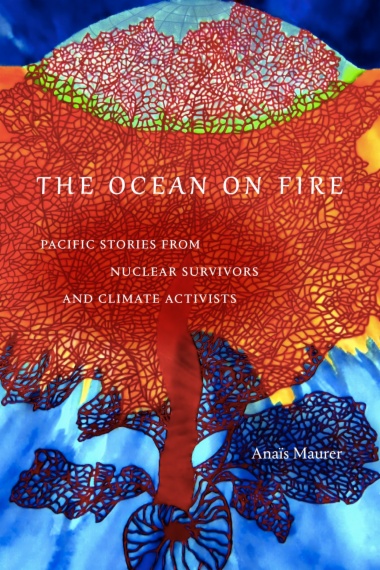Bombarded with the equivalent of one Hiroshima bomb a day for half a century, Pacific people have long been subjected to man-made cataclysm. Well before climate change became a global concern, nuclear testing brought about untimely death, widespread diseases, forced migration, and irreparable destruction to the shores of Oceania. In The Ocean on Fire, Anaïs Maurer analyzes the Pacific literature that incriminates the environmental racism behind radioactive skies and rising seas. Maurer identifies strategies of resistance uniting the region by analyzing an extensive multilingual archive of decolonial Pacific art in French, Spanish, English, Tahitian, and Uvean, ranging from literature to songs and paintings. She shows how Pacific nuclear survivors’ stories reveal an alternative vision of the apocalypse: instead of promoting individualism and survivalism, they advocate mutual assistance, cultural resilience, South-South transnational solidarities, and Indigenous women’s leadership. Drawing upon their experience resisting both nuclear colonialism and carbon imperialism, Pacific storytellers offer compelling narratives to nurture the land and each other in times of global environmental collapse.
- Cover
- Contents
- Note on Language�����������������������
- Acknowledgments����������������������
- Introduction. “We Are Not Drowning—We Are Fighting
- 1. Isletism: The Latest Stage of Orientalism
- 2. Oceanitude: A Philosophy for the Anthropocene
- 3. Atomic Animals: The Hidden Face of the Sixth Mass Extinction
- 4. The H-Bomb and Humor: The Arts of Laughing at Death and Diseases
- 5. Radiation Refugees: Rethinking the Age of Mass Migration
- Conclusion. “With Our Hearts Broken and Our Eyes Peeled for Beauty
- Notes
- Bibliography
- Index

